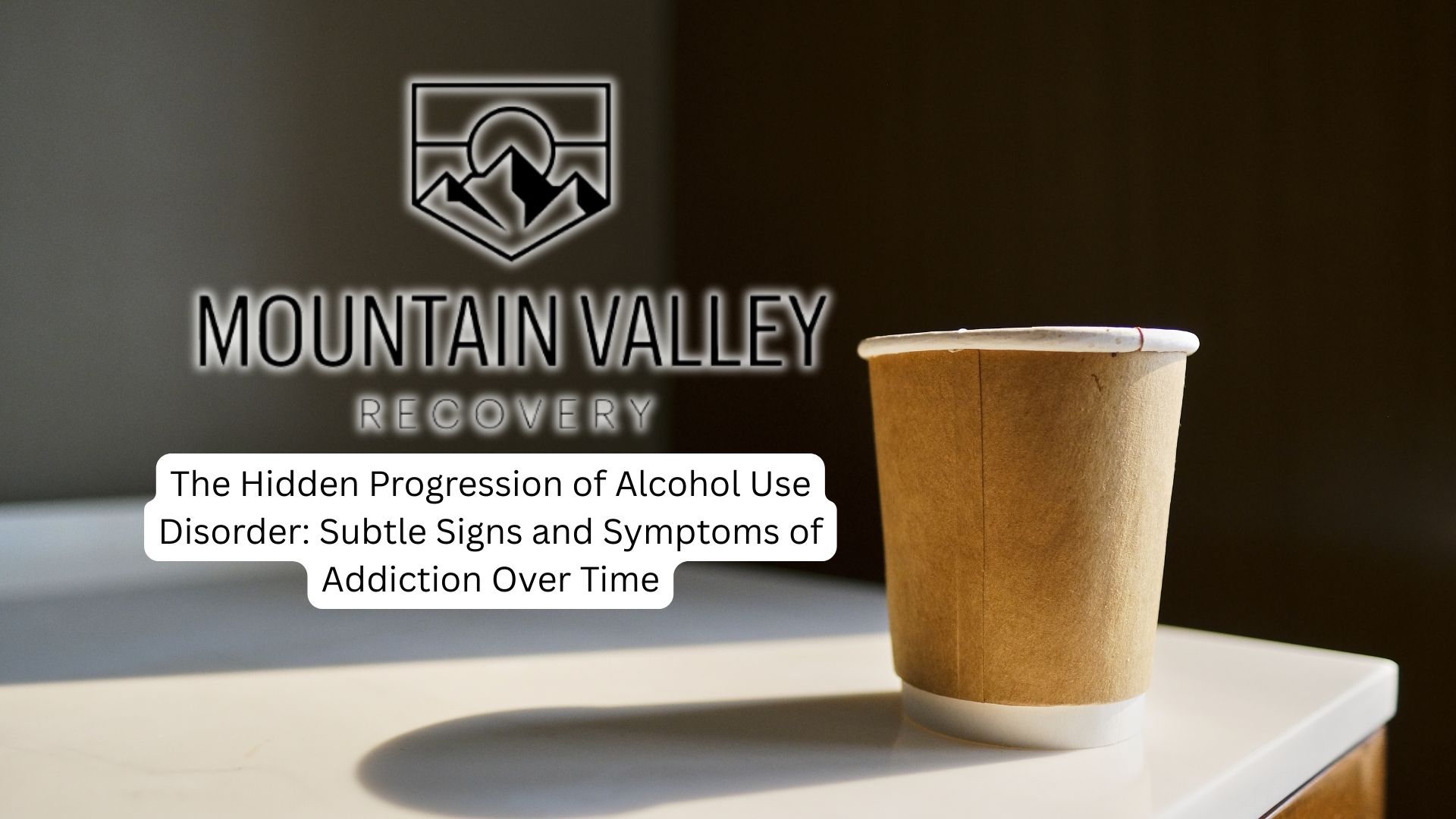Helping your husband with alcohol addiction can feel overwhelming, but it’s vital to approach the situation with care and understanding. By encouraging professional treatment and fostering healthy habits, you can create a supportive environment that aids in his recovery.
Here are some practical steps you can take to help your husband through his journey to overcome alcohol addiction.
Seek Professional Treatment
When your husband is struggling with alcohol addiction, seeking professional treatment is essential to his recovery journey.
Start by consulting a healthcare provider to discuss treatment options and assess how severe his dependence might be. If withdrawal symptoms are intense, medical guidance becomes crucial.
Explore behavioral therapies like cognitive-behavioral therapy (CBT) and motivational enhancement to change drinking behaviors and develop healthier coping skills.
Medication-assisted treatment can also be beneficial – FDA-approved medications can help reduce cravings and prevent relapse when prescribed by a doctor.
Involving professionals such as those in Mountain Valley Recovery’s alcohol addiction treatment program in Utah not only provides him with accountability but also offers personalized strategies tailored to his needs, setting a strong foundation for a successful recovery.
Making Lifestyle and Environmental Changes
Each step is designed to reduce triggers, support physical and emotional health, and foster a nurturing, sober environment
Remove Alcohol and Triggers From the Home
- Clear all alcoholic beverages from the house to eliminate immediate access and temptation.
- Identify and remove items or reminders associated with drinking, such as barware or advertisements.
- Replace these with non-alcoholic beverages and healthy snacks as alternatives.
Assess and Modify Social Circles
- Encourage your husband to distance himself from friends or acquaintances who drink heavily or encourage drinking.
- Support him in seeking out sober friends or other people who respect his recovery journey.
- Suggest new social activities that do not revolve around alcohol, such as movie nights, hiking, or game nights.
Change Regular Routines and Environments
- Identify routines or places associated with drinking (e.g., certain bars, restaurants, or events) and find alternatives.
- Plan new activities during times he used to drink, such as joining a sports league, taking a class, or volunteering for a charitable or helpful cause.
- Encourage participation in nature-based or recreational activities, which can reduce stress and improve mood.
Create a Supportive Home Environment
- Foster open communication and emotional support at home.
- Encourage family members to participate in creating a substance-free, positive atmosphere.
- If needed, consider environments like sober living houses for additional structure and support.
Build a Structured Daily Routine
- Help your husband establish a consistent daily schedule, including meal times, exercise, and relaxation.
- Fill his day with purposeful activities to reduce idle time and the risk of cravings.

Building Healthy Habits and Self-Care
Prioritize Physical Health
- Encourage regular exercise, such as walking, running, yoga, or team sports, to boost mood and reduce cravings.
- Support a balanced diet with regular meals focused on whole foods and proper hydration.
- Promote good sleep hygiene by setting consistent sleep and wake times and creating a restful environment.
Practice Stress Management
- Teach and encourage stress reduction techniques, such as deep breathing, meditation, or mindfulness practices.
- Suggest creative outlets like art, music, or journaling to process emotions and relieve stress.
Track Progress and Triggers
- Recommend keeping a journal to document emotions, triggers, and achievements, which can provide valuable insight and motivation.
- Use charts or planners to track healthy habits and daily routines.
Develop Coping Strategies
- Help identify personal triggers (whether emotional, environmental, or social) and brainstorm ways to avoid or manage them.
- Encourage the use of healthy alternatives or distraction techniques when cravings arise.
Foster Ongoing Support and Accountability
- Encourage participation in support groups or therapy for continued guidance and community.
- Build a network of supportive friends and family who reinforce healthy habits and sobriety.
Practice Patience and Self-Compassion
- Remind your husband that building new habits takes time and persistence.
- Celebrate small victories and progress, reinforcing positive changes and resilience.
Develop a Support System and Join Mutual-Support Groups
While your husband works on his recovery from alcohol addiction, developing a strong support system is essential.
Encourage him to share his recovery goals with supportive friends and family members who can hold him accountable. This network can offer encouragement and celebrate his successes.
Suggest he find a sponsor or mentor within a mutual-support group, like Alcoholics Anonymous or SMART Recovery, to provide guidance based on shared experiences. These groups create a sense of community, helping him feel less isolated in his struggles.
Connecting with others in recovery can be incredibly motivating, fostering accountability and providing tools to navigate challenges.
Set Goals and Monitor Progress and Prepare for and Manage Relapses
Sit down together to outline realistic and achievable objectives, such as reducing the number of drinks per week, attending a certain number of support group meetings, or reaching a milestone of sobriety, like one week or one month alcohol-free. These goals should be tailored to his individual needs and pace, ensuring they are challenging yet attainable.
Tracking progress is equally important. Encourage him to keep a journal or use a tracking app to note his achievements and reflect on any setbacks. This ongoing record not only highlights how far he’s come but also helps identify patterns or triggers that may need attention.
Simple acts of positive reinforcement, such as a favorite meal, a special outing, or words of encouragement, can lift his spirits and remind him that his efforts are valued and recognized.
Consider Technology-Assisted Tools
Many smartphone apps and online platforms offer features for tracking drinking habits, monitoring triggers, and managing cravings, making it easier for him to stay aware of his progress and challenges.
Some of these tools even use evidence-based approaches like cognitive-behavioral therapy (CBT), which can help him identify and challenge negative thought patterns that contribute to drinking. Research shows that online CBT can be as effective as in-person therapy for reducing alcohol consumption, though in-person therapy may offer additional protection against hazardous drinking patterns.
Online counseling is another flexible option, allowing your husband to connect with licensed professionals from the comfort of home. This can be especially helpful for those who might not have easy access to in-person treatment or who prefer the privacy and convenience of virtual sessions.
In addition, wearable devices and remote monitoring technologies are emerging as innovative ways to track physiological and behavioral data, helping both your husband and his healthcare providers identify triggers and intervene early if relapse risks arise.
Final Thoughts from Mountain Valley Recovery
At Mountain Valley Recovery in Utah, we offer personalized alcohol rehab. From individual and group therapy to holistic programs that nurture your husband’s mind, body, and spirit, we’re here to walk with him every step of the way. Whether he needs long-term support or help with rebuilding relationships, our dedicated team provides the tools, care, and aftercare he needs to stay strong.





